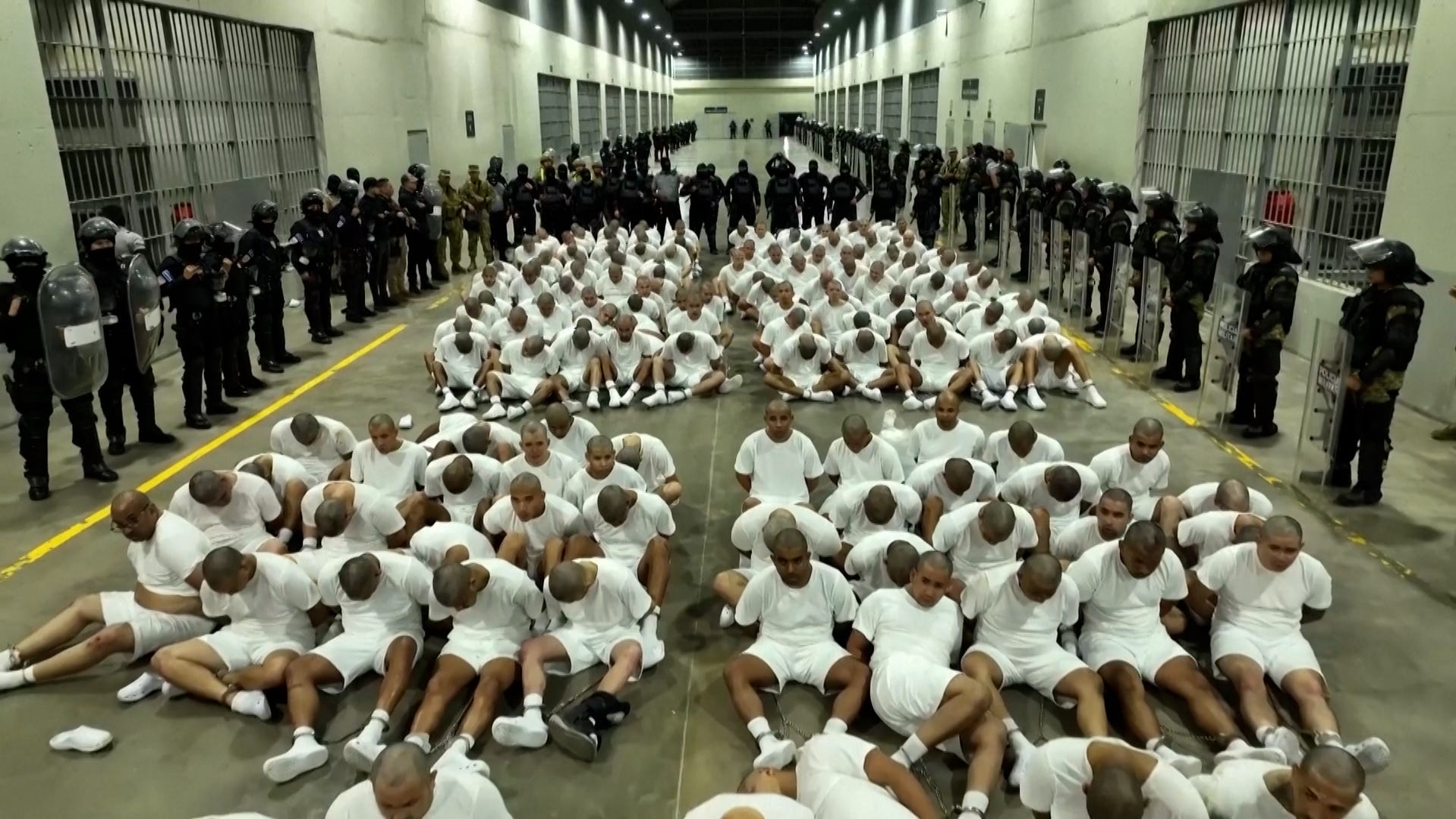Dem congressman cites Paste BN, presses for answers on gay stylist sent to El Salvador

U.S. Rep. Robert Garcia wants answers from a private detention center contractor and the federal officials who handled the deportation of a 31-year-old gay Venezuelan asylum seeker featured in a Paste BN story earlier in April.
Garcia, D-California, sent two formal oversight letters April 17 to the heads of CoreCivic, the contractor, and U.S. Immigration and Customs Enforcement.
As part of Garcia's letter, he cited the investigative report that revealed a former Milwaukee police officer with credibility questions worked for CoreCivic. According to a court filing, Charles Cross Jr. was involved in the process to flag the Venezuelan as a suspected member of the notorious Tren de Aragua gang based on his tattoos.
By May 1, Garcia wants answers to his "grave concerns" regarding Andry José Hernandez, the makeup artist. He issued six questions aimed at understanding CoreCivic's hiring, screening and training practices and whether the company works with ICE on gang determinations that can influence deportation decisions.
Hernandez was one of more than 200 Venezuelan migrants sent to El Salvador’s Terrorism Confinement Center on March 15. His attorneys have said Hernandez's crown tattoos labeled "Mom" and "Dad" are common cultural symbols in his hometown of Capacho, Venezuela, associated with Three Kings Day celebrations.
While in detention at CoreCivic’s Otay Mesa Detention Center in San Diego, Hernandez was screened by Cross and another staffer, Arturo Torres. The results of that screening are documented on a CoreCivic questionnaire now part of a federal court record.
It’s unclear to what extent Hernandez was evaluated by federal agents or whether other corroborating evidence was used to accuse him of ties to the criminal group. Hernandez fled Venezuela last year because he claimed he was persecuted as a gay man – one of the protected groups allowed to claim asylum under U.S. law.
He passed an initial "credible fear" interview with a federal agent, but after Border Patrol authorities questioned him about his tattoos he was transferred to ICE custody and sent to the detention center.
A CoreCivic spokesperson confirmed it received Garcia's letter and planned to respond. CoreCivic insists that it does not enforce immigration laws and that any deportation orders are made by ICE.
Ryan Gustin, a spokesperson for the Nashville company, told Paste BN it provides specialized training for employees who all must “clear a rigorous, federal background clearance process.”
Gustin said it screens all detainees for affiliation with gangs and other threat groups as a precaution but does not make those determinations on behalf of ICE.
An ICE spokesperson said April 21 that it would respond to the letter “through official channels and by appropriate officials at the agency.” The Department of Homeland Security has declined to offer details on the Hernandez case but has said the department uses more than just tattoos to determine gang allegiance.
Cross, 62, was fired from his position as a Milwaukee police sergeant in 2012 after driving his car into a family’s home while intoxicated. He appealed the decision and resigned in the process, according to the department.
A misdemeanor criminal charge from 2007 landed him on the city’s Brady List, which prosecutors use to identify police who had been accused of lying, breaking the law or acting in a way that erodes their credibility to testify in court, according to Milwaukee County District Attorney records.
On April 21, Garcia and three other Democratic lawmakers traveled to El Salvador to get information on the detainees transferred to the country and advocate for their release.
That trip followed the high-profile stop earlier in April by U.S. Sen. Chris Van Hollen, D-Maryland, who met with Kilmar Abrego Garcia, the Maryland man deported "in error" by the administration in March.